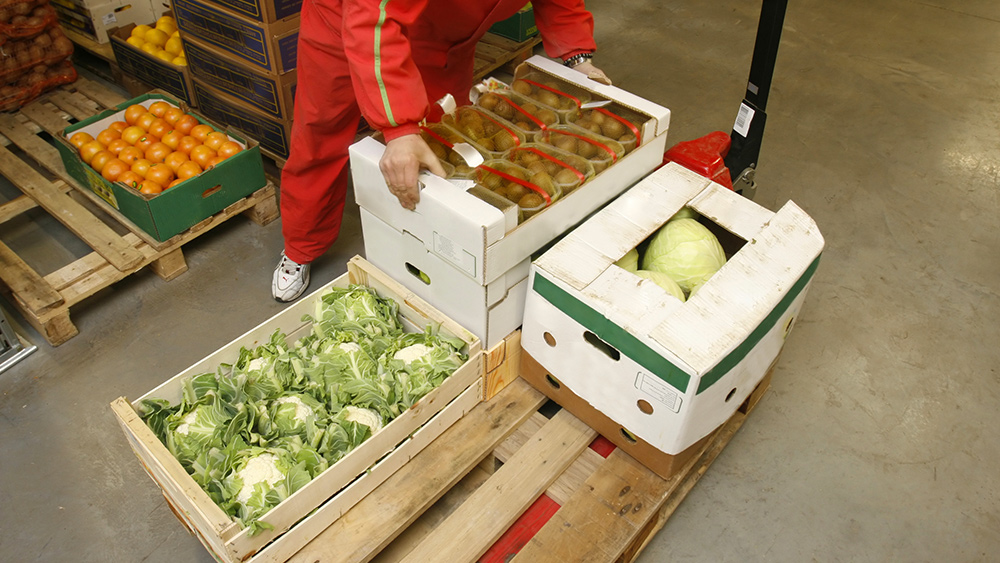“Vegetarian” fast food options are still full of fat, calories and sodium, caution health experts
09/25/2020 / By Michael Alexander

A fast-food restaurant’s vegetarian offerings may not be as healthy as you might think.
This is according to nutritionist Christina Crowder who noted that while some fast-food items may indeed feature “healthy” ingredients such as fresh vegetables, these are often smothered with salty sauces and served with sugary drinks. In addition, these are often accompanied by other salt and sugar-laden food items.
“Most individuals would want more than just one of these items for lunch, and they already have half the daily sodium, minimal protein, and a lot of carbohydrates,” Crowder said in an interview with Healthline.
“Even though these items pack a high-fat, caloric punch, you’ll likely be looking for more. Add a soft drink —non-diet — and chips, salsa, queso, and that’s why we live with an obesity crisis,” Crowder added.
“Vegetarian” options are better, but they’re still far from healthy
Dana Hunnes, a senior dietitian at the University of California, Los Angeles Medical Center, agreed with Crowder’s observation. He noted, in a separate interview, that while items such as the “vegetarian” items offered by the Tex-Mex fast-food restaurant Taco Bell are “better” than the meat-based staples on the menu, they still aren’t the most nutritious of choices.
According to Hunnes, this is because most of these items are still made of heavily-processed white flour, salty cheese products and only a minuscule amount of vegetables.
All is not lost, however, as Hunnes noted that even dining in fast-food places such as Taco Bell can be actually healthy.
The secret, Hunnes said, is in choosing items that come in bowls. These include sticking to items on the restaurant’s “power menu,” or by ordering meals that don’t have many carbohydrates in them, but are instead heavy on vegetables and protein.
Hunnes, however, cautioned against indulging in the sides and sauces one might get at a fast-food restaurant like Taco Bell. He noted that these are often filled with sodium.
Operated by the Yum Brands food conglomerate, Taco Bell, has been steadily introducing changes in its stores for the past year. The company noted in a statement that it would be adding more plant-based meat substitutes and vegetarian options to its menu. (Related: Western diets still contain too much processed meat and not enough fish, warn researchers.)
Hunnes states that this move by the company is a step in the right direction, brand-wise, as it opens the restaurant to an entirely new market.
“I do think that adding vegetarian options is a step in the right direction at including more population groups that normally wouldn’t step foot in that restaurant,” Hunnes said.
Hunnes, however, noted that the restaurant chain still has a long way to go, if ever it truly wants to give importance to vegetarians and vegans.
He suggests that one way that the restaurant chain can go about it is to introduce and develop plant-based and vegan options that could be augmented by customers.
This, Hunnes said, could be in the form of a vegan base that people add to by choosing additional toppings and fillings.
“Why not make the default a little healthier? Studies have shown that when defaults are healthier, people tend to eat more healthfully than when the default is less healthy and people have to request to not have something on the food item,” Hunnes said.
Learn more about just how unhealthy fast-food is at JunkFood.news.
Sources include:
Tagged Under: disease causes, fast food, ingredients, nutrients, red meat, Taco Bell, vegan options, vegetarian options, western diet
RECENT NEWS & ARTICLES
COPYRIGHT © 2017 FOOD SCIENCE NEWS




















